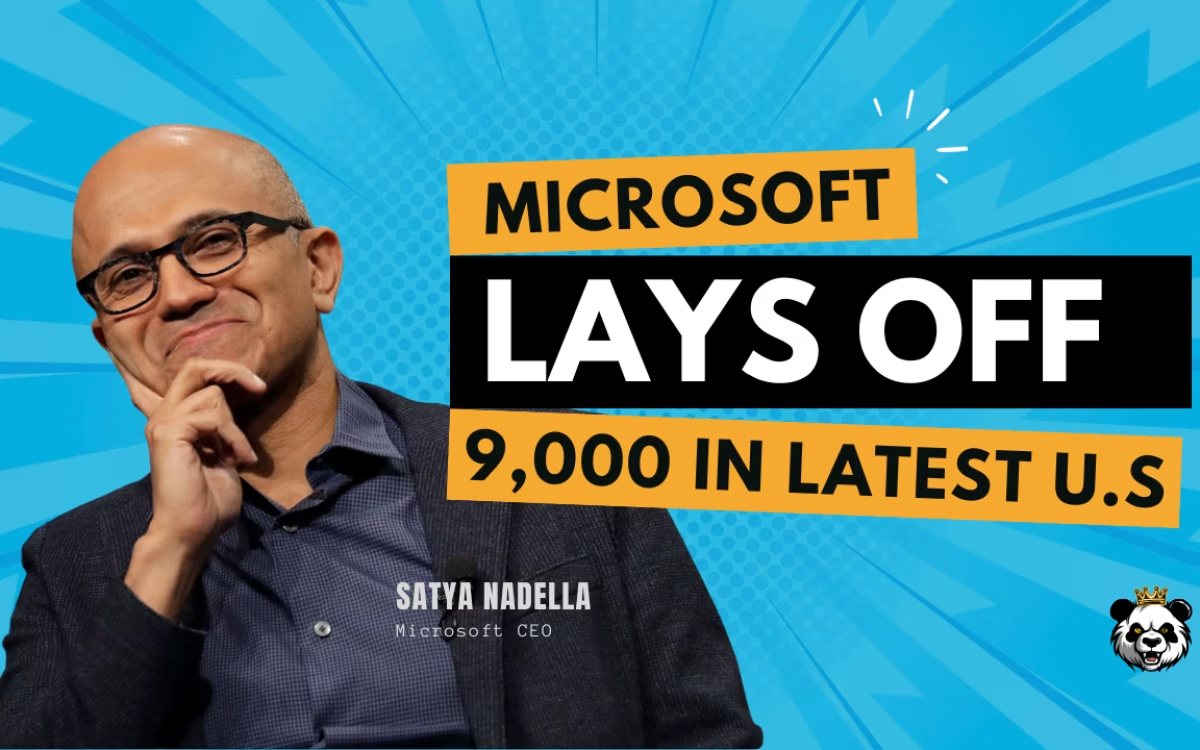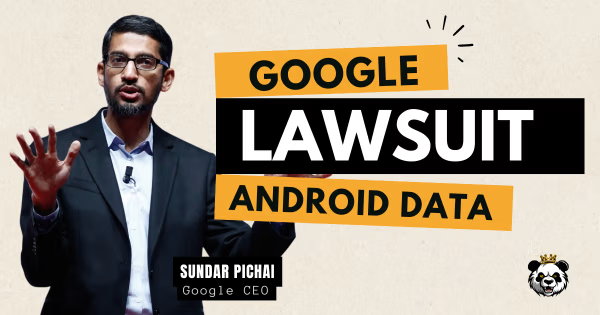A Major Round of Layoffs Shakes Microsoft
On July 2, 2025, Microsoft announced it will lay off about 9,000 employees—nearly 4% of its global workforce—in its largest round of job cuts since 2023. This move, which immediately trended across U.S. news and social media, affects staff across multiple divisions, including sales, gaming (notably Xbox), engineering, and management layers. Employees have until July 8 to sign severance agreements, after which they’ll receive 60 days of paid leave.
Why Is Microsoft Cutting So Deeply—Despite Record Profits?
AI Investment Pressure:
Microsoft is in the midst of a massive, multi-year investment in artificial intelligence, pledging $80 billion in capital spending for fiscal 2025 alone. Billions are being funneled into building and leasing data centers to support AI and cloud computing, which is putting pressure on profit margins—even as the company posts record revenues and nearly $3.7 trillion in market value.Efficiency and Restructuring:
The company is aggressively flattening its management structure, cutting layers of middle management, and consolidating sales and product teams to boost efficiency and speed up decision-making. This mirrors a wider trend in Big Tech, where companies are “leaning out” after pandemic-era overhiring.AI’s Impact on Jobs:
While Microsoft hasn’t directly blamed AI for these layoffs, executives and industry analysts agree that the rapid adoption of AI tools—like GitHub Copilot, which now has over 15 million users—means fewer engineers and managers are needed for the same output. Other tech leaders, including Amazon’s Andy Jassy, have also warned that AI-driven efficiency gains will shrink corporate workforces in the coming years.Broader Tech Industry Trends:
Microsoft’s move is part of a larger wave of tech layoffs in 2025, with over 63,000 tech workers losing jobs this year in the U.S. alone. Companies are shifting resources from legacy projects to AI and cloud, and reassessing productivity after the hiring boom of 2021–2022.
Which Teams and Regions Are Hit?
The cuts are global, but major impacts are reported in the U.S., especially at Microsoft’s Redmond, WA headquarters (830 jobs), and in sales and gaming divisions.
Xbox and Activision Blizzard teams face significant reductions, with some projects and studios being shut down or scaled back.
Sales organizations are being consolidated, and product/engineering teams are being streamlined for faster execution and fewer management layers.
Expert Opinion: What Does This Mean for Microsoft and Tech Workers?
“Microsoft’s layoffs are not a sign of crisis—they’re a calculated move to protect margins and fund the company’s AI ambitions. The company is betting that AI will drive the next decade of growth, but that means fewer jobs in traditional roles, especially middle management and some engineering. For tech workers, this is a wake-up call: AI is not just a buzzword, it’s reshaping how Big Tech operates and who gets hired. For Microsoft, these cuts could make it leaner and more competitive, but the human cost is real—and the trend is likely to continue across the industry.”
Bottom Line:
Microsoft’s 9,000 layoffs reflect a fundamental shift in tech: AI is driving both massive investment and a new era of efficiency, often at the expense of jobs. While the company remains hugely profitable, the message is clear—adapt to the AI age, or risk being left behind.














8 Comments
Firing loyal employees for AI hype—shameful move.
Microsoft only cares about shareholders, not people!!
Cutting thousands of jobs while making record profits? Disgusting!!!
If you owned a business the size of Microsoft, you’d probably make the same call.
Maybe instead of pretending to “innovate,” Microsoft should try not destroying thousands of lives for the sake of their shareholders.
They’re throwing thousands of loyal employees out the door just to pour billions into AI projects, all while boasting about record profits. It’s honestly disgusting—how can a company this rich treat its people like disposable parts?
Microsoft is a perfect example of corporate greed at its worst.
Companies have to stay competitive and invest in the future—even if that means tough decisions. It’s easy to criticize from the outside, but in reality, every big company has to adapt or get left behind. That’s just how business works.